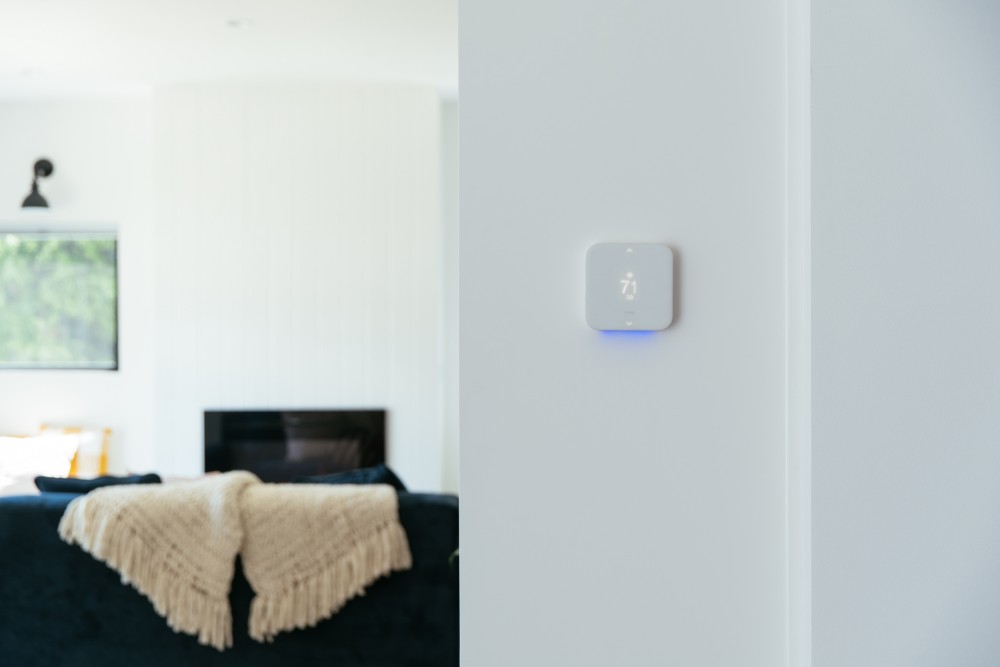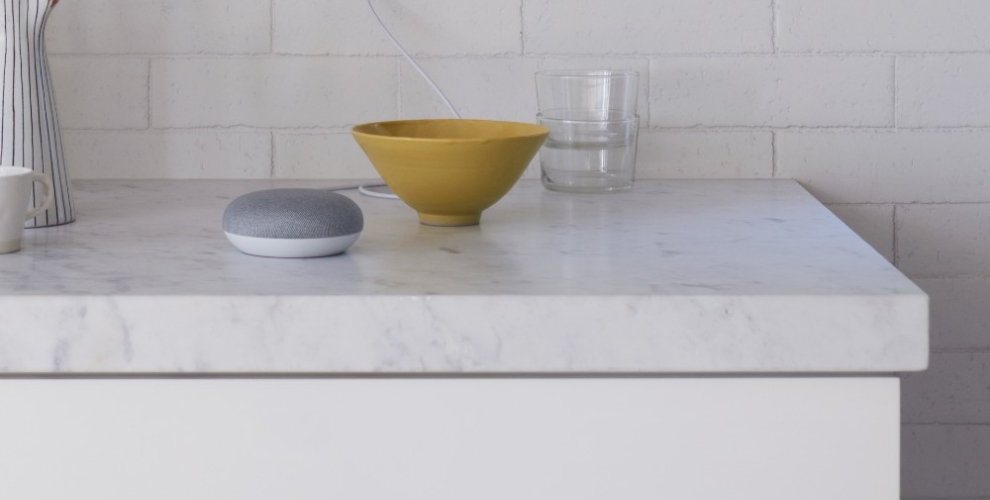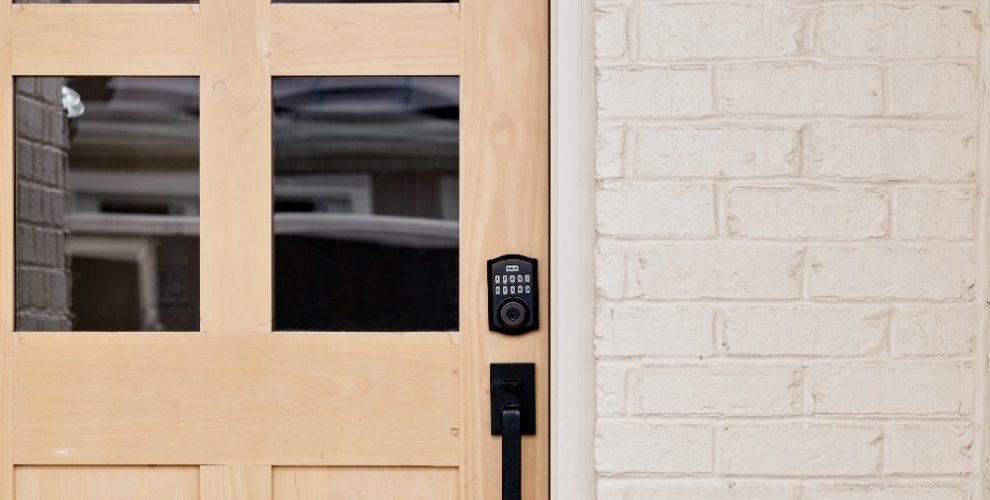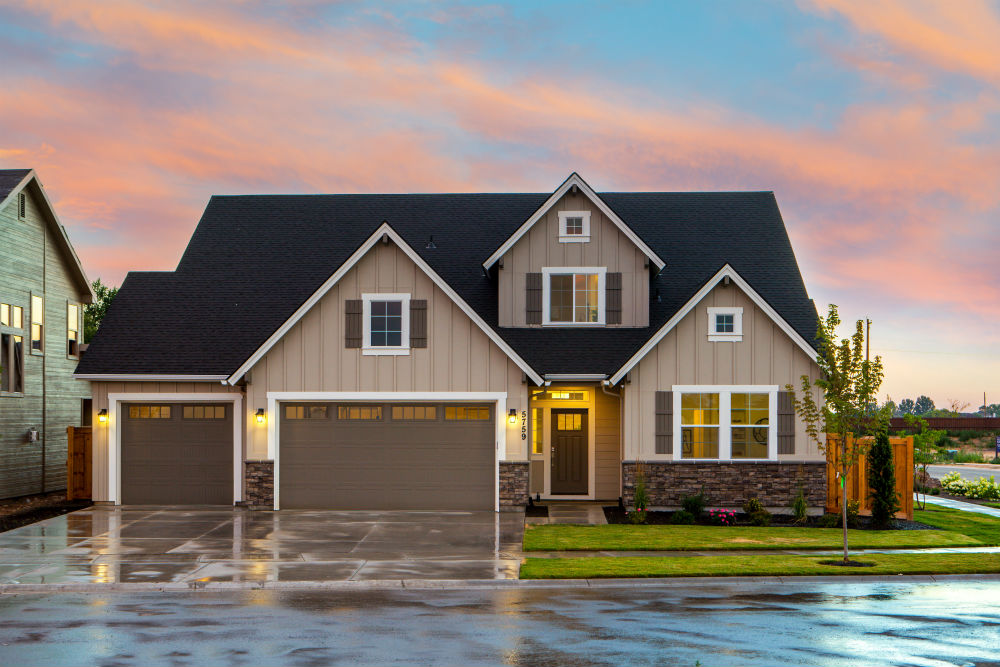
What's one of the most sought-after features in homes today?
Energy efficiencies.
From appliances to windows to thermostats, energy-efficient products and upgrades are in hot demand. An energy-efficient home is more comfortable for you and your family, better for the environment, and easier on the wallet. Best of all, it's not hard to conserve energy at home.
Check out these simple things you can do to make your home more energy efficient today.
How to make your home as energy efficient as possible
You may be wondering what exactly makes a home “energy efficient.” Simply put, an energy efficient home is one that reduces unnecessary energy usage and greenhouse emissions—making your home more comfortable and saving you some money on energy bills in the process.
How to perform an energy audit
In order to improve your home’s energy efficiency, you’ll need to first identify what areas of your home are wasting energy. Conducting your own energy audit around the house will help you see what to modify.
The most common culprits of energy loss include:
- Wood-burning fireplaces, which the Environmental Protection Agency has cited as one of the most inefficient heat sources.
- Air leaks from doors and windows, which can cause drafts in colder months and a loss of cool air in the summer.
- Appliances and electronics, especially older appliances that don’t have energy-saving modifications.
- Lighting that is left on when no one is in the room, or uses incandescent bulbs.
You can find out how much energy each of the appliances in your home use with this Appliance Energy Calculator from Energy.gov.
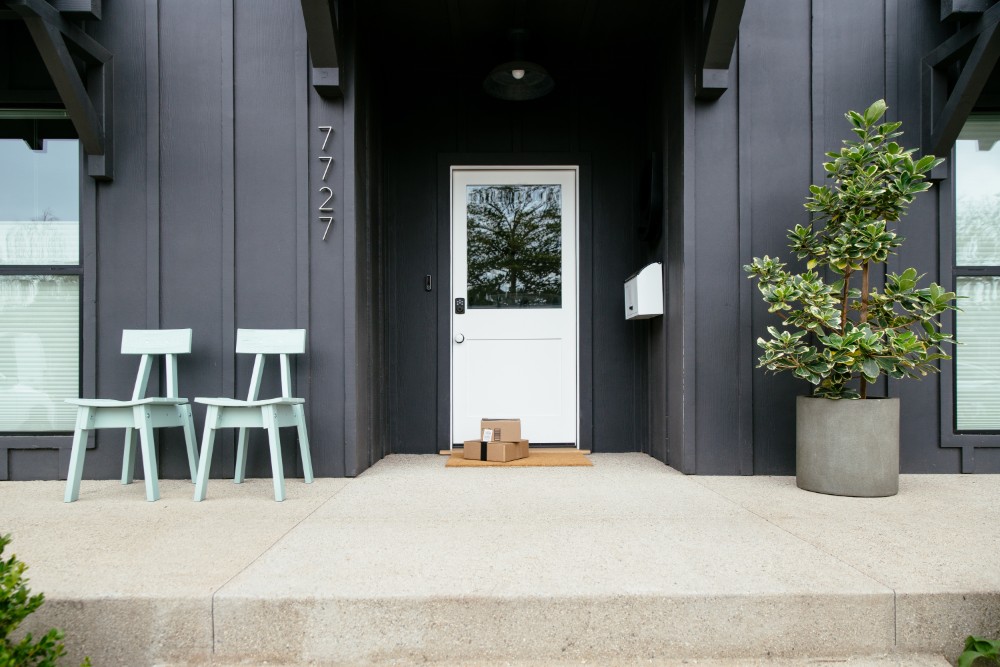
Easy energy saving modifications to make to your home
Once you’ve completed your energy audit, you can make a few easy modifications to your home and habits that will make your home as energy efficient as possible:
- Locate and seal drafts around doors and windows.
- Replace worn-out door sweeps, which can cause warm or cool air to leak out of the house.
- Wash clothes in cold water to keep heating usage down.
- Use natural light during the day instead of relying on electric lighting.
- Replace dial or analog thermostats with a programmable or smart thermostat.
- Close your fireplace’s flue damper tightly when not in use to keep air from escaping.
- Get rid of or replace refrigerators made prior to 1993. These energy hogs, which many people keep as secondary units in basements or garages, can use up to twice the amount of energy as a newer model.
Making your home energy efficient and ensuring it stays that way is an ongoing process, so be sure to check your home regularly for sources of wasted energy and make repairs that could be costing you money.


